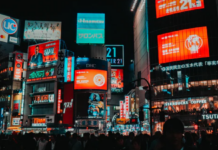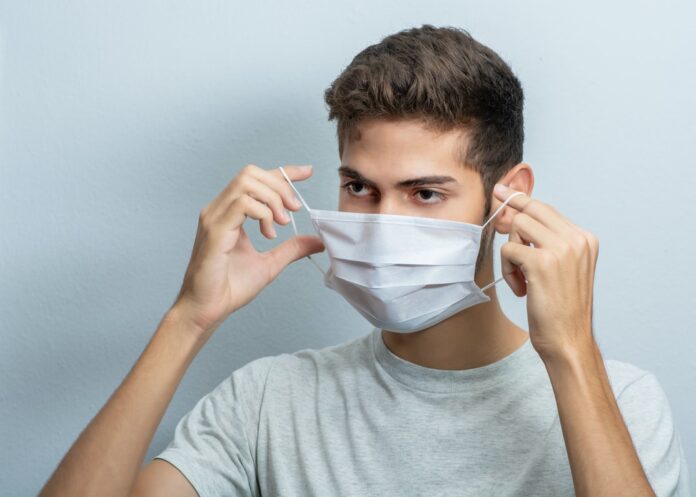
Provided the situation we’re currently in, we’re instructed to wear face masks when we’re out in public. As expected, some people aren’t really on board with it, so it is only natural that some myths have started floating around concerning masks.
The problem with these myths is that if you don’t know enough, they can sound true, and if it were any other situation, that would’ve been relatively fine, but seeing how face masks can save lives, believing in myths concerning them is quite bad.
Now, it can be quite hard to differentiate a myth from the truth, so we’ve decided to take it upon ourselves to try and bust as many face mask-wearing myths as we possibly can. So, without further ado – let’s get started.
1. They Do Not Work

The number one myth that’s flowing around is that the masks are pointless and that they don’t work. That can’t be further away from the truth. Face masks are very effective, and anyone that says otherwise is either deliberately lying to you or is simply believing a myth and speaking from ignorance.
They work. Not only are they quite effective at slowing down the spread of coronavirus, but they are also very efficient in slowing the spread of various other aerosol viruses like influenza, rhinoviruses, common cold, measles, MERS, and so on. There have been various studies proving the effectiveness of a mask, so this myth is busted.
2. They Are More Than Enough
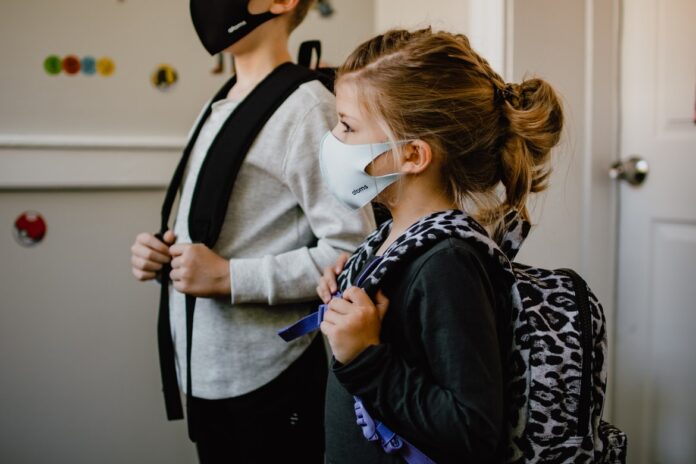
On the other hand, we have people who believe that wearing a mask is all you need to do in order to prevent getting sick or getting someone else infected. Once again, that’s not true. It is equally bad to feel completely safe while wearing a mask, as it is feeling invincible while not wearing one.
While it is true that masks are effective and that they will capture droplets and aerosols carrying the viruses, they are not omnipotent. There are also other measures you should take in order to protect yourself. Maintaining your distance, washing your hands, and staying away from large crowds is also something you should practice while wearing a mask. To put it simply, if you ride a crowded bus all day while wearing a mask, and you come home and eat without washing your hands – you shouldn’t have bothered wearing a mask in the first place.
3. They Are All The Same

You often see people wearing bandanas or scarves instead of a mask, and if you were to ask them why they are doing that, they would probably tell you that it doesn’t matter because all face coverings are the same. Now, let us ask you one question – would you rather wear a raincoat or a cotton sweater to keep dry while it’s raining outside?
As you can see from that example, not every piece of fabric is the same, so it’s only natural to assume that not all face coverings are the same. So, if someone tells you that wearing a bandana or N95 respirator is the same – tell them they’re wrong.
Surgical masks are multi-layered, which means they provide a different level of protection against aerosol viruses. A piece of cotton cloth won’t provide the same level of protection in any situation. If it did, a website such as this one wouldn’t bother to sell all kinds of different masks. It’s these fabrics and multiple layers that filter out the bad stuff, allowing you to breathe filtered healthy air.
4. They Make It Hard To Breathe
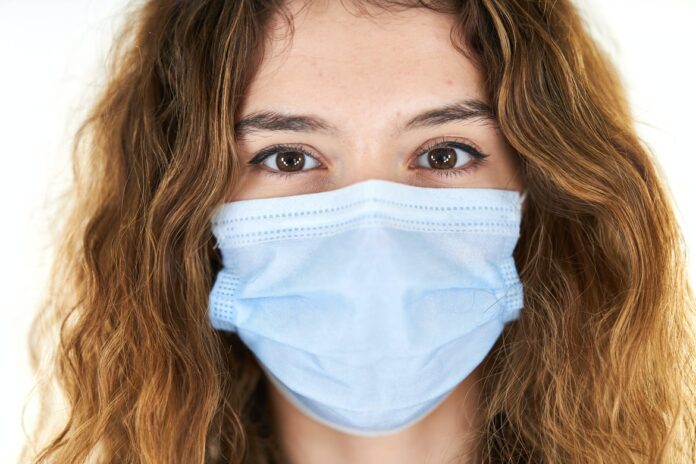
This is arguably the biggest misconception and myth about face masks. If this were the case, doctors and surgeons would collapse every single day while working. Don’t believe this myth. Even if the mask is causing you some discomfort – it is not preventing you front breathing. The only difference is you’re inhaling a slightly warmer air than usual, which is what makes it feel like you’re having difficulty breathing. However, it is not a real “threat”.
There is no evidence supporting this claim. Wearing a mask won’t cause your oxygen levels to drop. The only downsides are acne, skin irritation, and pain and discomfort in the ears or around the nose. In some rare cases, wearing a mask could cause a headache, although that rarely ever happens. So, you might get a pimple or two, and your ears might start hurting after you’ve been wearing your mask for a while, but that’s as bad as it will get.
What’s even better is that you solve this problem easily. Take good care of your skin, and always wear a clean mask. Either wear one-time use surgical masks or wash your multiple-use one regularly (each day). Also, wash your face, exfoliate, hydrate – do whatever you have to do. As for ears – just get a bigger mask.
5. They Should Only Be Worn By Sick Or At-Risk People
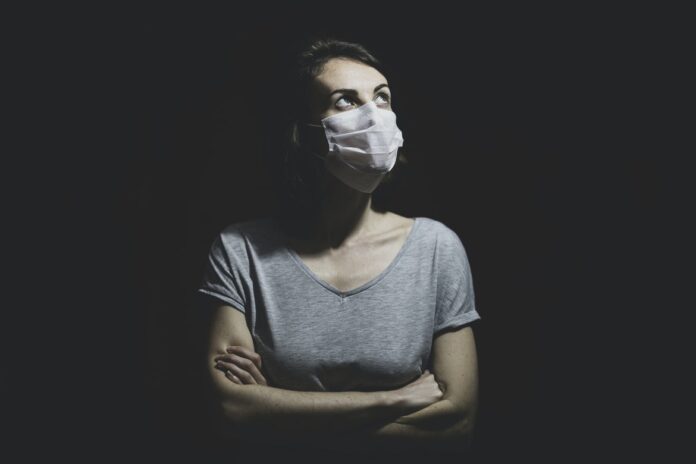
There are so many things wrong with this one that we don’t know where to start. First of all, the statement that only sick people should wear masks is wrong on so many levels, but for the sake of argument, let’s just look at it from a medical point of view. We’ll take COVID-19 for example.
COVID-19 has a very long incubation period. Loosely translated, that means that you get infected long before you start showing any symptoms if you ever start showing any. In general, the incubation period for this virus is five to fifteen days, which means that you could be walking around and spreading the virus for two weeks before you even realize you’re sick. Furthermore, people are at their most contagious a few days before they start showing any symptoms. So, just put the two and two together, and you’ll see just how wrong this statement is.
On top of that, just because you’re not “at-risk” doesn’t mean that you shouldn’t wear a mask. It is a collective effort. If the virus only attacked “at-risk” people – we wouldn’t be having this debate right now. So, wear a mask.
Conclusion:
There you have it. We honestly hope you’ve learned a thing or two today. We’re sure there are other myths out there, but we can’t bust them all. However, all you need to remember is this – wear a mask and be responsible. That’s all there is to it.

